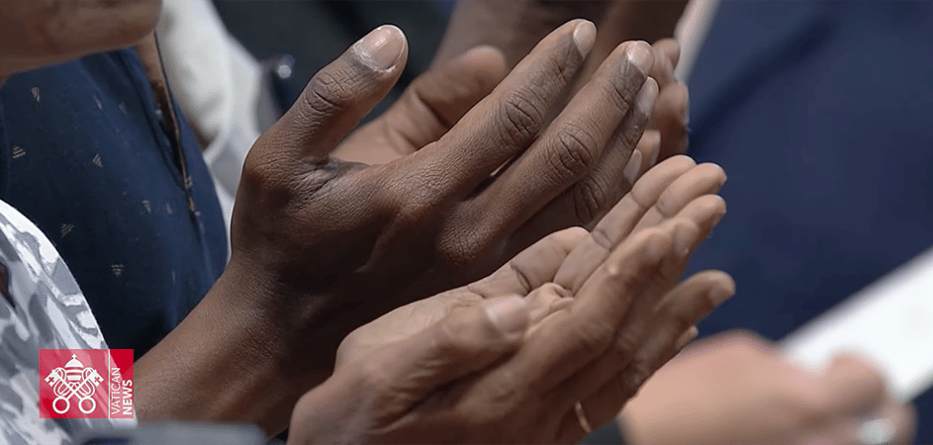ROME — Scratch that private letter to the pope; everything’s cool.
That was the message from South African Cardinal Wilfrid Napier to reporters Tuesday, saying concerns he and 12 other cardinals raised in a letter to Pope Francis about the new structure for the synod of bishops had been addressed by the pope, and that they were enjoying the changes after all.
“We found that the new process of the synod was very helpful, because it gave us so much more time to reflect in small groups,” he said.
Napier’s comments echo those of those of two other cardinals who signed the letter, both of whom told Crux they are now happy with the changes: New York Cardinal Timothy Dolan and Galveston-Houston Cardinal Daniel DiNardo.
Napier told reporters that the synod’s bloc of African bishops, who as a body tend to be more conservative than some of their European counterparts, have been imbued with a “sense of optimism” as the deliberations enter their final phase in the coming days, which he credited to Pope Francis.
Napier, who has emerged as a leader among bishops resisting sweeping changes in how the Church deals with family life, extended that opposition to the adoption of new language about gays and lesbians.
He said the Church must contend with two goals: trying to reach out and minister to people, while at the same time being faithful to the prophets, “where like John the Baptist you say, ‘You’ve got to repent, and these are the sins,’ and you name them as they are.”
He said the synod, so far, has focused most of its energy on the former.
“There’s a lot of emphasis on using language that doesn’t offend, politically correct if you’d like,” he said.
But, he continued, “I’m not sure that’s the best way to be prophetic. It’s certainly a way to be more pastoral.”
Napier also touched on the recent decision by Pope Francis to streamline the annulment process, and he said bishops in Africa were gearing up to train priests, religious, and laity to “assist in dealing with these tribunal cases as quickly as possibly so that justice is not delayed.”
Spanish Cardinal Lluís Martínez Sistach, an expert in canon law, praised the changes during the briefing, but he cautioned that they could produce more work for dioceses.
He laughingly suggested the creation of a lay association of canon lawyers to lend expertise in regions where resources are lacking.
On another topic, Napier said African bishops were dealing with the issue of couples cohabiting before marriage, which goes against Church teaching.
However, in Africa, cohabitation is often “a step toward marriage,” sometimes taking place as families save up for a dowry, he said, which “can take a long, long time.”
In the meantime, he said, the couple lives together as husband and wife.
The issue, he said, is better handled at the local level, not at the synod.
“It’s up to the African bishops to get together and to work through a way of making sure that that particular custom does get incorporated into the sacrament of matrimony as well,” he said.
Other bishops have also proposed that certain pastoral challenges be handled at the local level, such as some German bishops who believe that Communion could be given to Catholics who remarried without an annulment of their first marriage on a case-by-case basis. But they have faced fierce opposition from conservatives.
The final reports from the synod’s small groups will be released Wednesday, with the final document being voted on by delegates Saturday.















